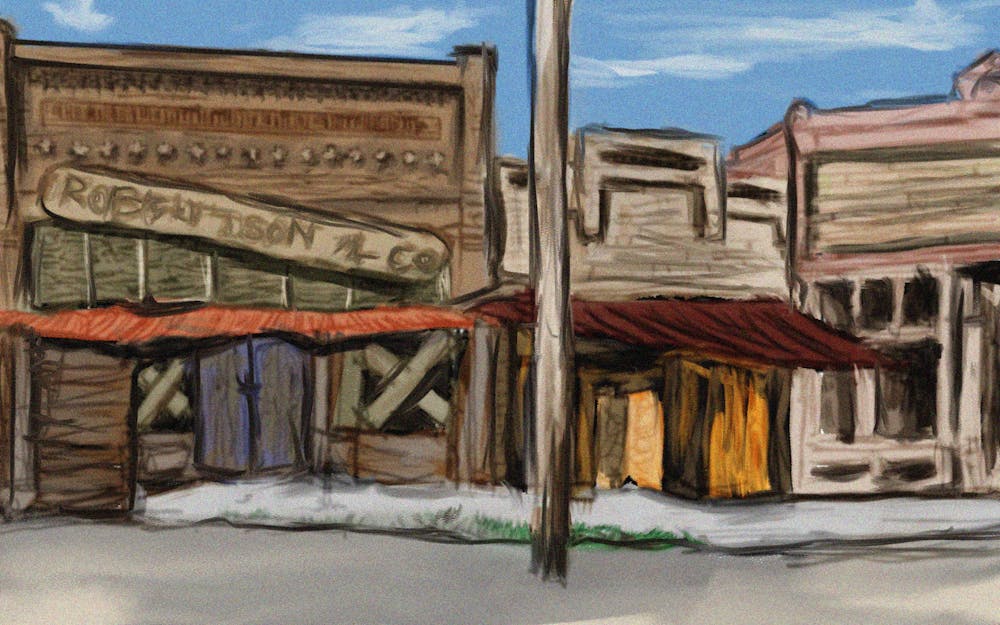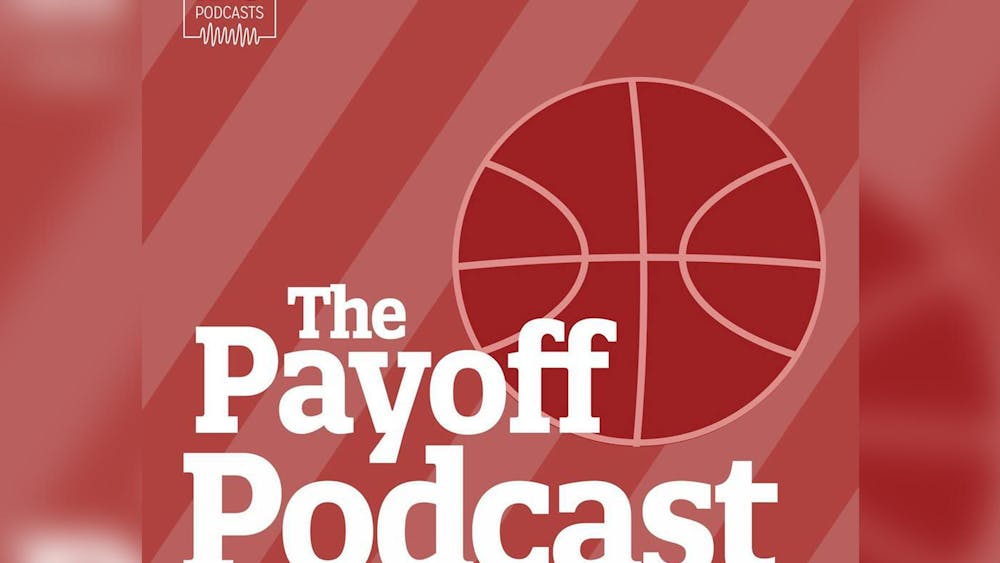According to the U.S. Census Bureau, rural areas account for 97% of the country's land area but only about 19% of the population. And these areas are beginning to decline in population for the first time in our nation’s history, according to The Hill.
I understand wanting to relocate and live somewhere a little more lively. Most of my high school friends shared this desire to go to college, get a degree and move to a big city where they have more options, professionally and socially.
But we cannot forget about our smaller communities. We cannot abandon and leave them to wither away. This decline in population and habitation just increases the disparity between individuals on a social, economic and political level, causing heightened polarization in our society.
When I was growing up, I was lucky enough to have a grandfather who encouraged me to get involved and try new things. He was a member of our town's local Optimist Club, a civic and service organization that assisted children and teenagers in their education and career aspirations by providing scholarships and guidance into a career path.
I remember he would get up at 5 a.m. every Friday just to drive into town to attend these meetings. I’ll never forget because I went with him every so often, and although I never quite understood what it was that got him out of bed each of those mornings, I’m glad I went with him.
Related: [OPINION: Be prepared to put your mask on again]
He instilled the importance of community in me, supported me in all my extra curricular activities and encouraged me to get involved. And if it weren’t for these groups and activities, I probably wouldn’t have understood and appreciated my community, no matter how small.
In “Bowling Alone: The Collapse and Revival of American Community,” author Robert Putnam discusses at length the collapse of the American community and with it our social networks. He argues the importance of formal connections — such as those made at churches, unions, civic organizations and even bowling leagues — as well as the more frequent informal connections, such as getting drinks after work or chatting with neighbors.
“Our evidence suggests that across a very wide range of activities, the last several decades have witnessed a striking diminution of regular contacts with our friends and neighbors,” Putnam wrote.
This is where folks talked shop, chatted about how the family is doing and discussed politics. However, these sorts of social phenomena are becoming a relic of the past.
These groups bind smaller towns and cities together — cities that may not have robust infrastructure or economic capital begin to wane without the support of tight-knit civic and community organizations.
Especially during a time where we are cautiously reentering a more normal world and can grow our social networks in person once again, there’s no better time to invest in social capital.
Again, I understand smaller communities don’t have as much to offer professionally and socially, but that doesn’t mean there aren’t options — you may just have to dig a little deeper. And if you can’t find a community you fit in well enough with, I implore you to start one. That’s what these small towns need now more than ever: social and community growth.
Sean Gilley (he/him) is a senior studying political science and economics with a certificate in informatics.






